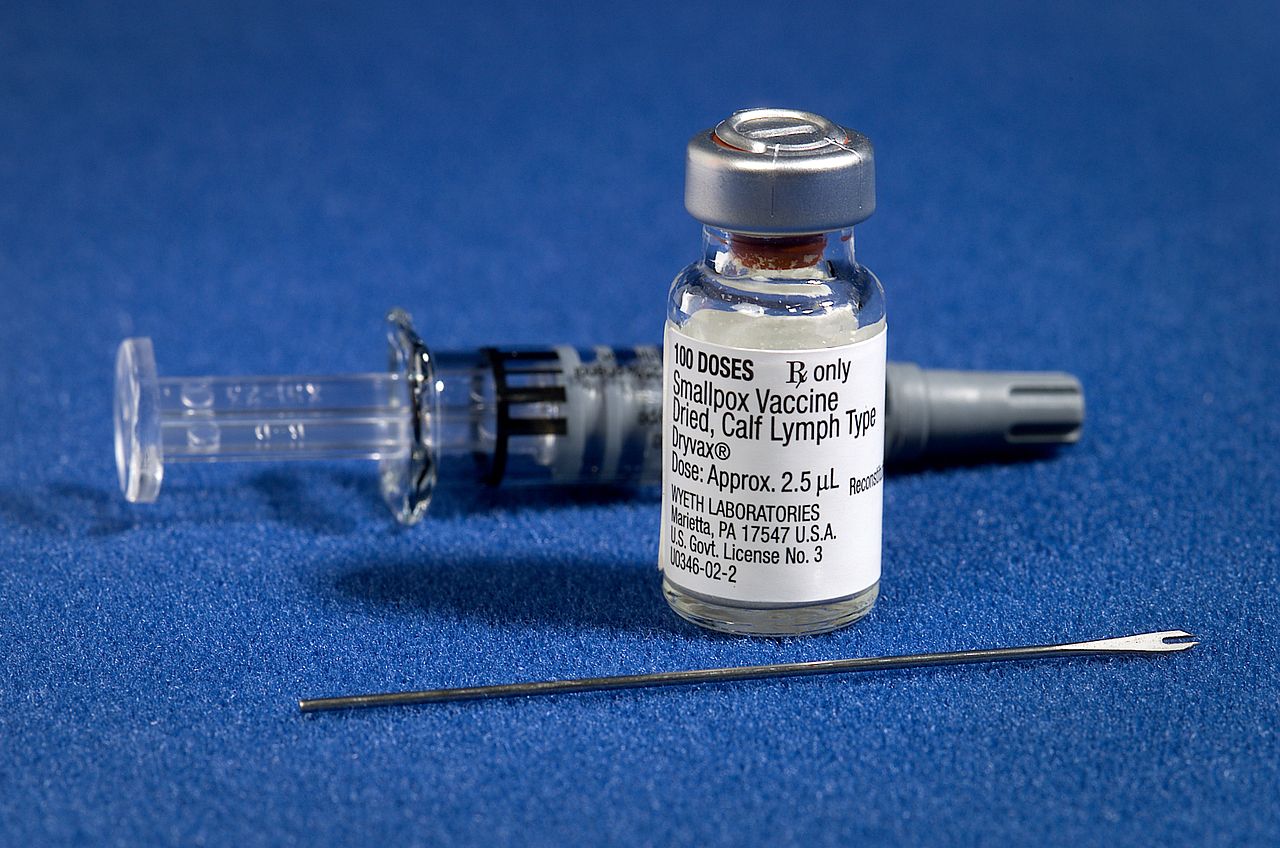To anyone who is familiar with the history of scientific achievement, it’s no surprise that innovation is usually met with resistance. It happened with Galileo’s theory for heliocentrism, it happened with Darwin’s thoughts on evolution, and it continues to happen today. It’s perplexing when there is consistent evidence pointing toward the benefits of a particular discovery, yet people still advocate against it. An example of this today is the anti-vaccination movement. With a history of opposition to the use of vaccines dating back all the way to Edward Jenner’s revolutionary discovery, this movement is neither new nor shocking. What is shocking is that there is still an entire group of people who refuse to recognize the crucial role vaccines play in preventing the acquisition and spread of infectious diseases.
If you are bothered by the increasing popularity of the anti-vaccine movement, then you will be even more appalled by the direction our government is moving in the matter of public health. Robert F. Kennedy Jr., who has a history of dissuading parents from vaccinating their children, alleged that President Trump asked him to lead a committee on vaccine policies. Kennedy and other supporters of the anti-vaccination movement hold the belief that vaccines cause autism in children, even though numerous scientific studies have discredited this theory. He even once said that there is a “holocaust” of children allegedly hurt by immunization.
If Trump asked Kennedy, who clearly does not understand how vaccines work, to lead a committee solely focused on their proper implementation, the irony would be mind-boggling. Both the Centers for Disease Control and Prevention and the American Academy of Pediatrics have repeatedly stated that there is no link between vaccines or any disease. In fact, experts have said the vocal advocates of the anti-vaccination movement — including many popular celebrities — have fueled the outbreaks of preventable diseases like measles and whooping cough.
If history has taught us anything, it is that we must not be afraid of innovation and we must follow what concrete evidence shows us. Evidence points to the fact that vaccines are needed to prevent communities from being ravaged by horrendous diseases. Smallpox, polio and rubella, among other diseases, have mostly been eradicated. We should not take the role vaccines played in this for granted. Our new government should not revert to skepticism when it comes to scientific expertise, and we must not allow believers in ridiculous myths to put the safety of the general public at risk.
Asha Kodan is a freshman biology major. She can be reached at ashakodan@ymail.com.



